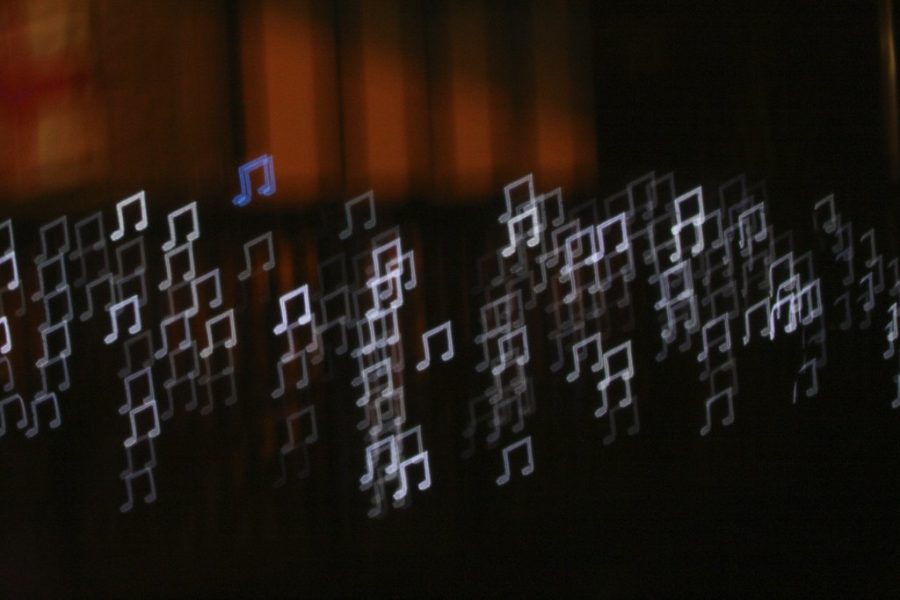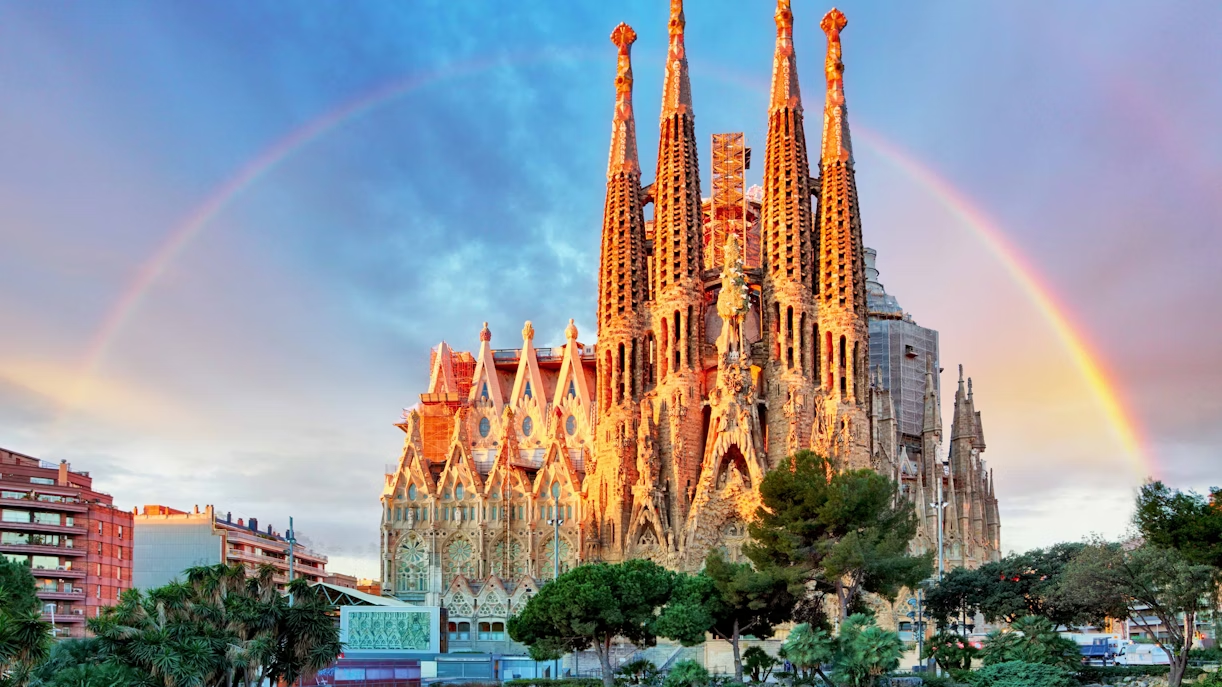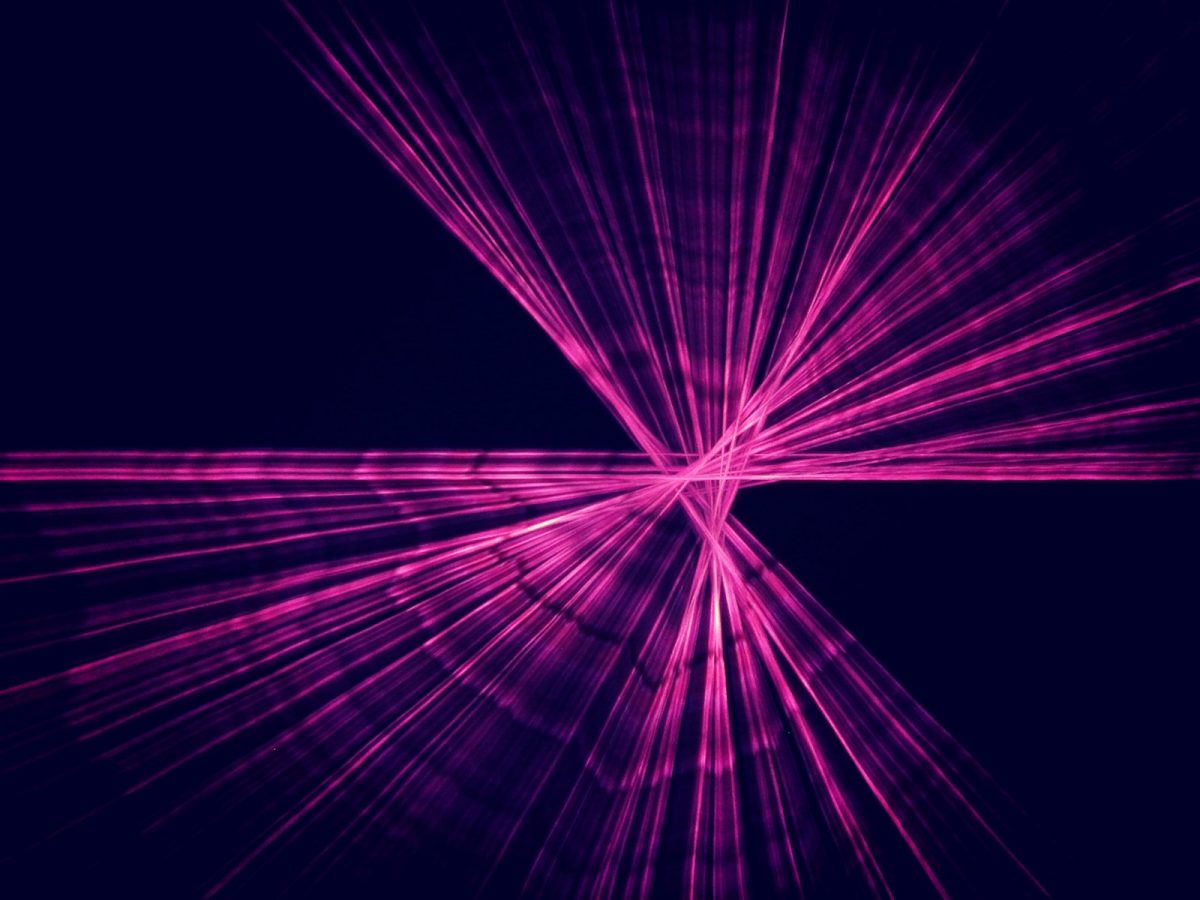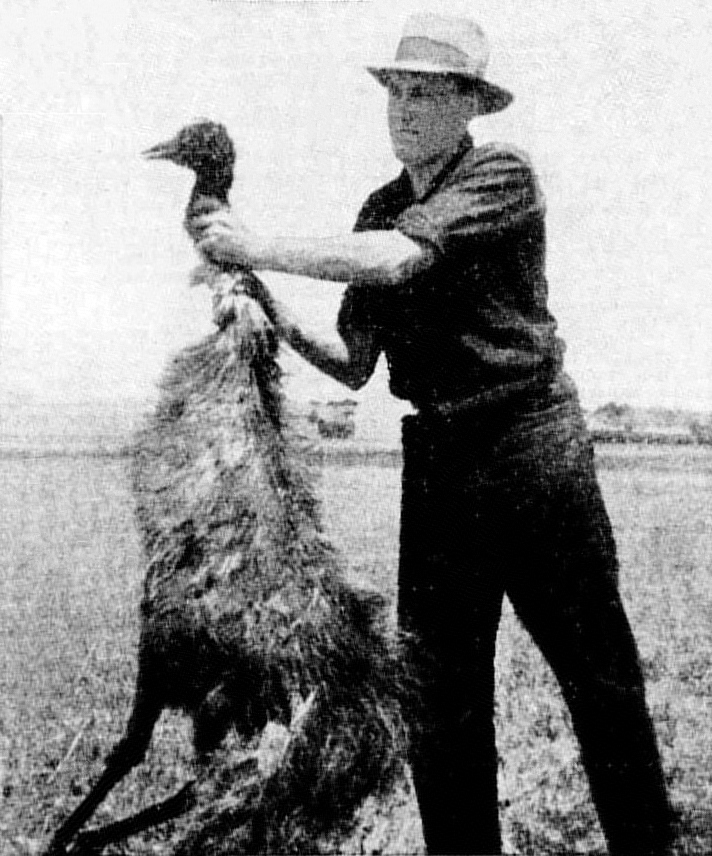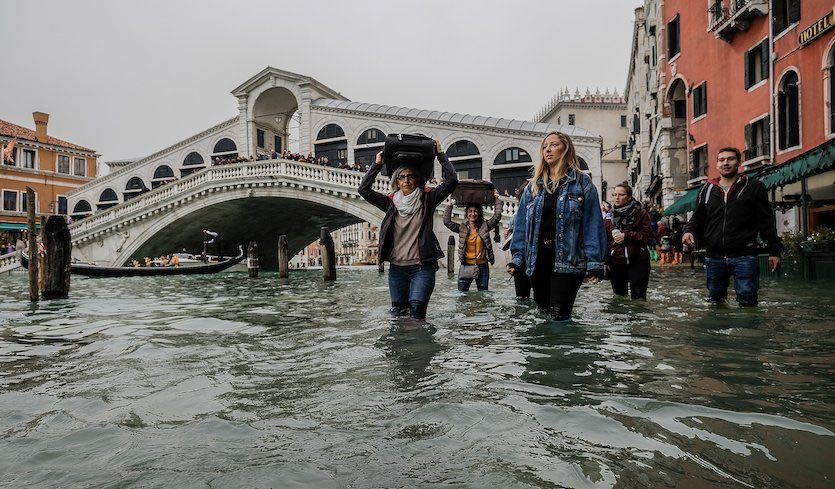Music has evolved through the ages, captivating audiences with its enchanting melodies and expressive power. But where did it start and what does it sound like nowadays?
The Renaissance period (14th – 17th century) marked a cultural rebirth in Europe. Composers like Josquin des Prez and Claud Monteverdi pioneered new techniques, embracing polyphony and individual expression.

The Baroque era followed, bringing grandeur and complexity to music. Composers like Johann Sebastian Bach and George Frederic Handel created intricate compositions that showcased technical brilliance. The emergence of opera as a popular art form marked a significant milestone, combining music, drama, and spectacle into a captivating experience. Baroque music was characterized by ornate melodies, ornamentation, and contrasting themes.
The Classical period (18th century) favored simplicity, balance, and clarity of musical expression. Composers lie Wolfgang Amadeus Mozart, Ludwig van Beethoven, and Joseph Haydn refined musical structures and explored new forms of expression. Symphonies, sonatas, and string quartets became the hallmark of Classical music, with composers emphasizing clear melodies, phrasing, and structures. This period represented a shift towards a more standardized approach to composition and performance on stage.
 The Romantic period (19th century) embraced heightened emotions (it’s name is literally “Romantic”.) Composers like Frederic Chopin and Pyotr Ilyich Tchaikovsky created powerful music that evoked feelings. Symphonies expanded in size and complexity, while the piano became a favored instrument for personal expression. Romantic music was characterized by lush harmonies, dramatic contrasts, and expressive melodies.
The Romantic period (19th century) embraced heightened emotions (it’s name is literally “Romantic”.) Composers like Frederic Chopin and Pyotr Ilyich Tchaikovsky created powerful music that evoked feelings. Symphonies expanded in size and complexity, while the piano became a favored instrument for personal expression. Romantic music was characterized by lush harmonies, dramatic contrasts, and expressive melodies.
The 20th century brought a musical revolution, as composers broke free from traditional conventions and embraced experimentation. Recording technology enabled global dissemination, leading to the rise of various genres an subgenres. Jazz, blues, rock ‘n’ roll, electronic music, hip-hop, and pop all played a big role in shaping the musical landscape of the modern era. Musicians explored new sounds, rhythms, and techniques, pushing the boundaries of musical expression.
Today, music continues to evolve, reflecting our changing world. Musicians push boundaries, creating diverse sounds that inspire and unite people. Technology has further expanded the possibilities, allowing for new methods of production, distribution, and collaboration. Music remains a powerful form of communication, capable of connecting people from all places around the world.
RELATED STORIES
https://libguides.uwrf.edu/composers
TAKE ACTION:
Your First Cello Lesson: A Beginner’s Guide to Playing Cello
https://violinspiration.com/the-ultimate-guide-to-learn-the-violin-by-yourself/
